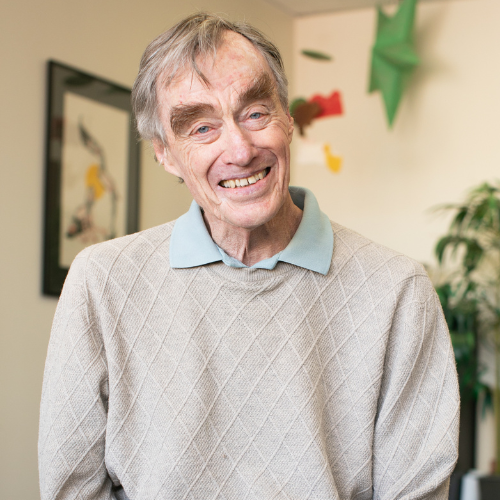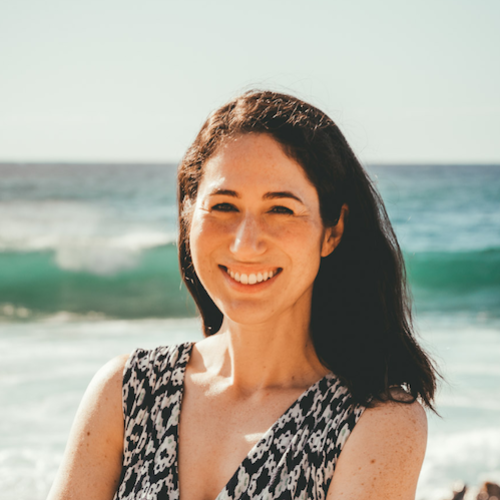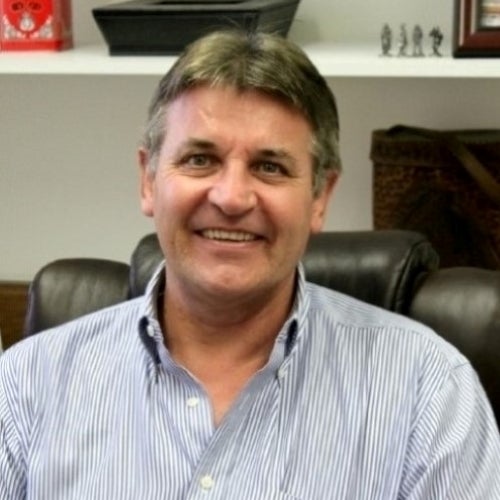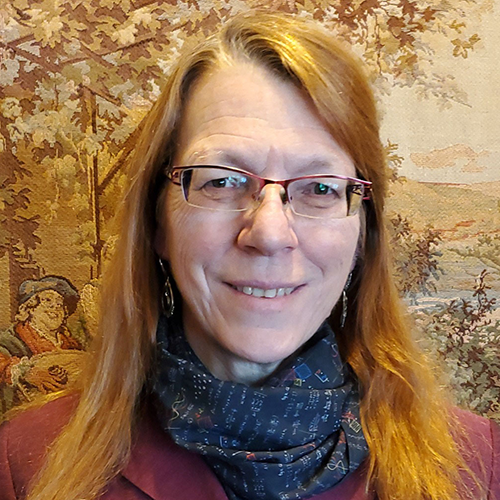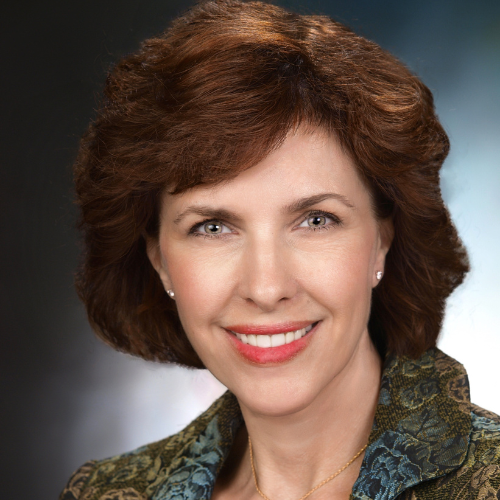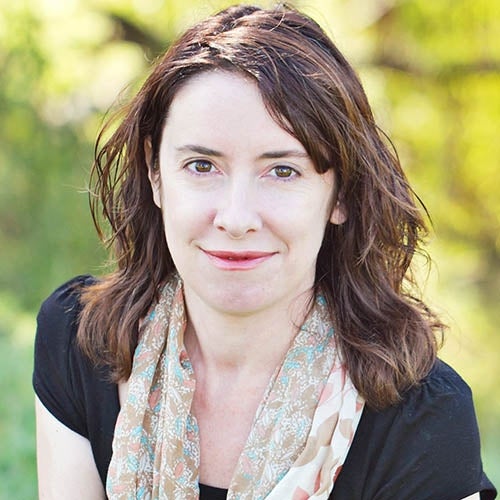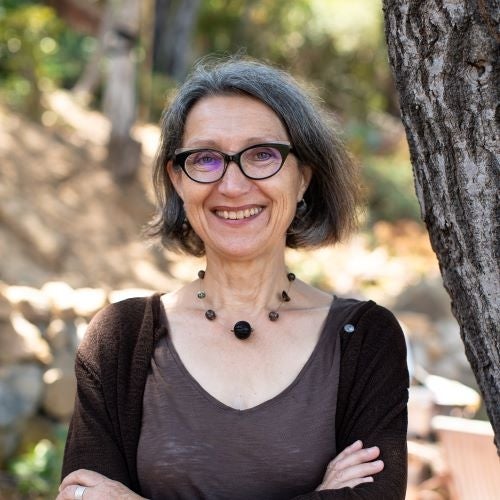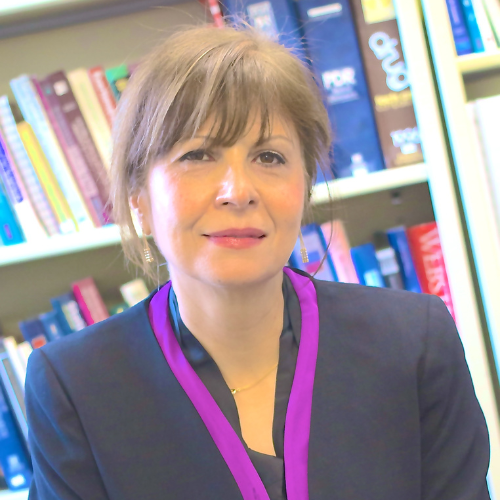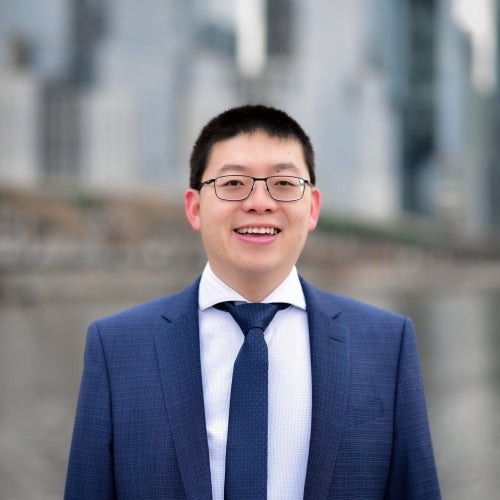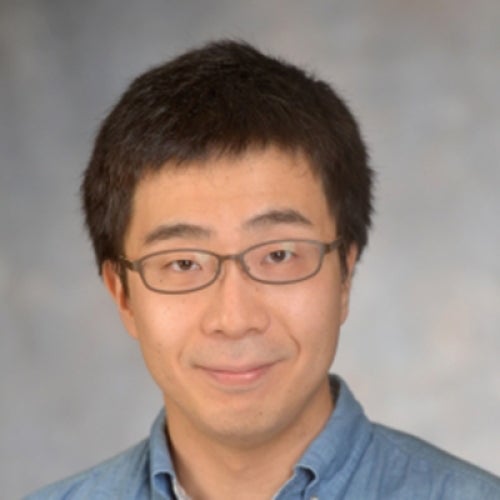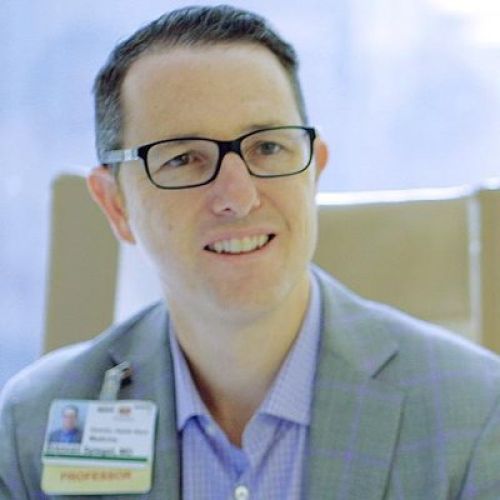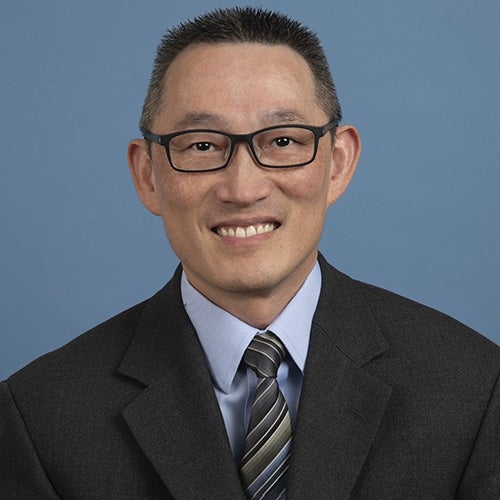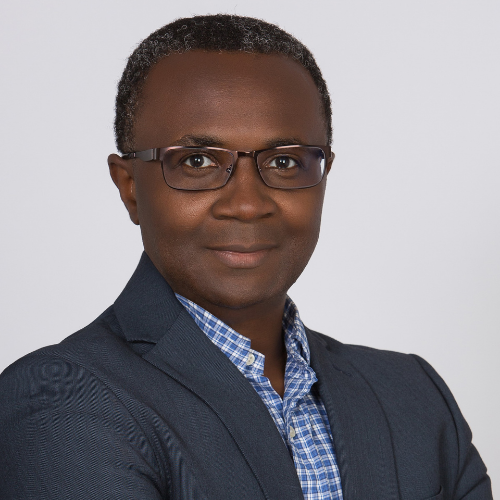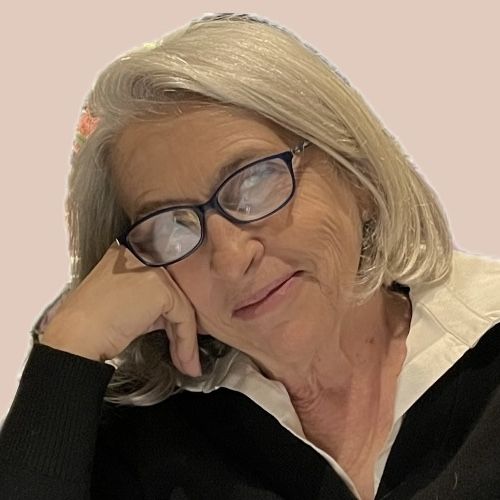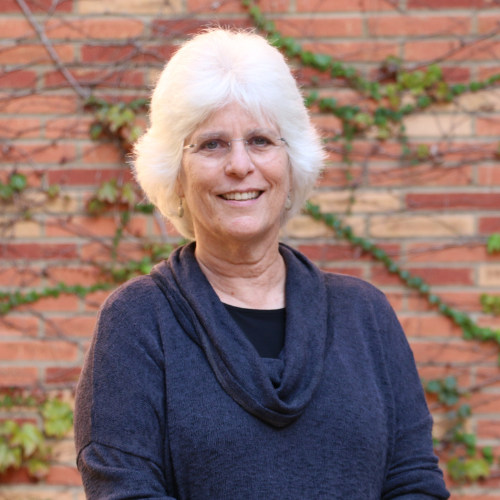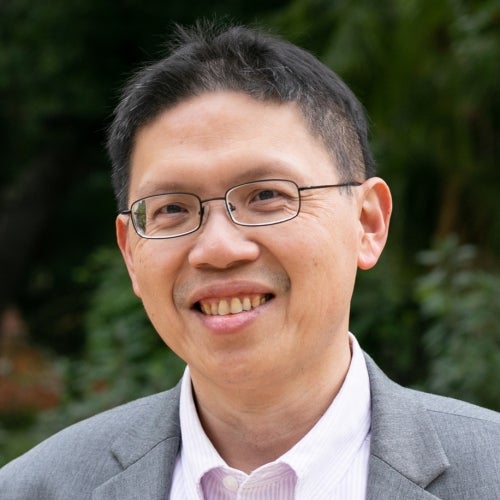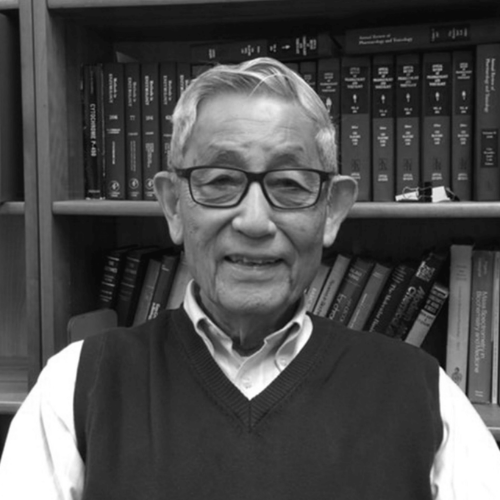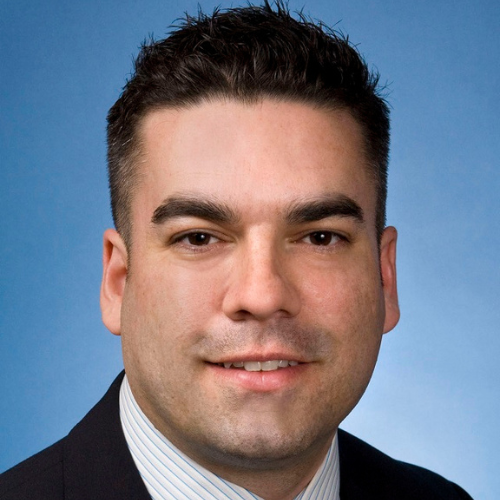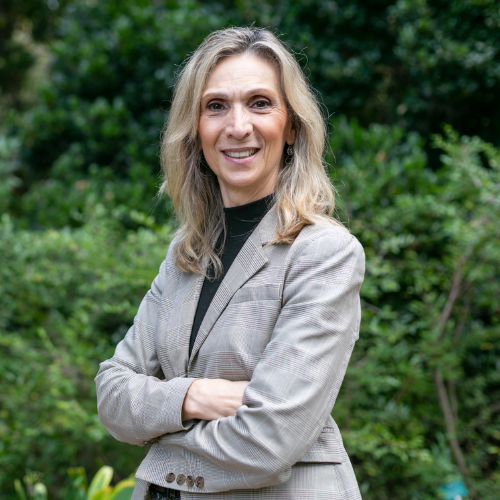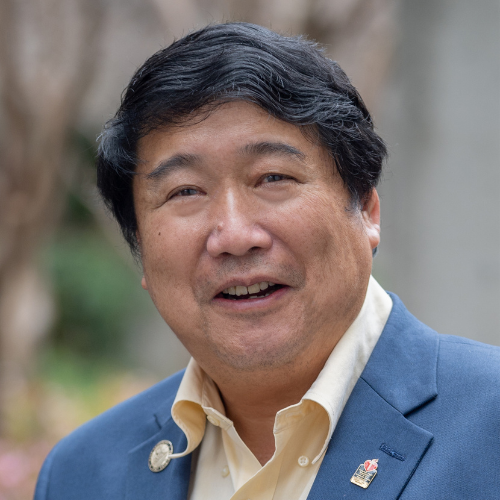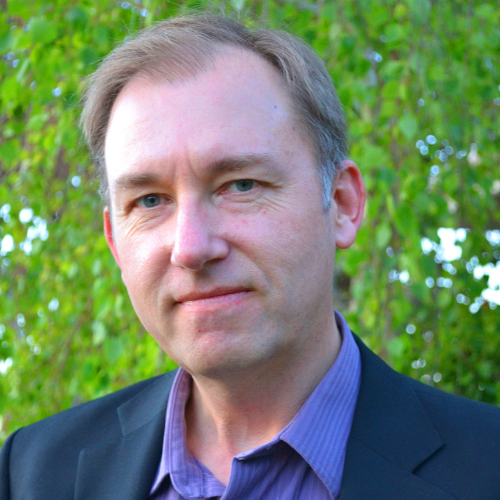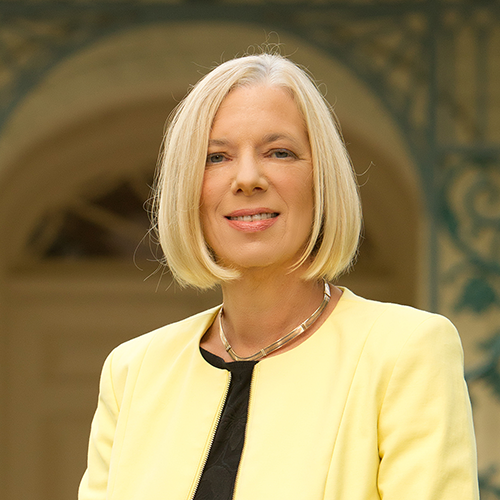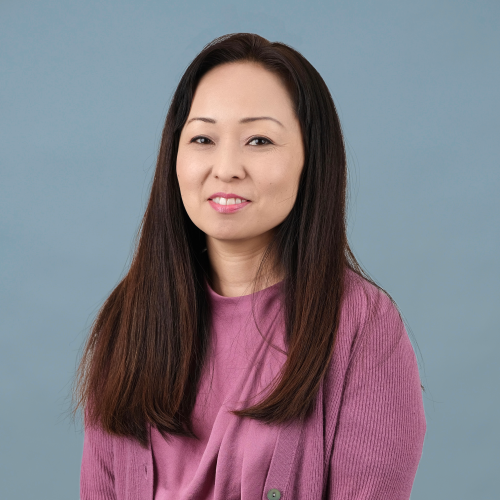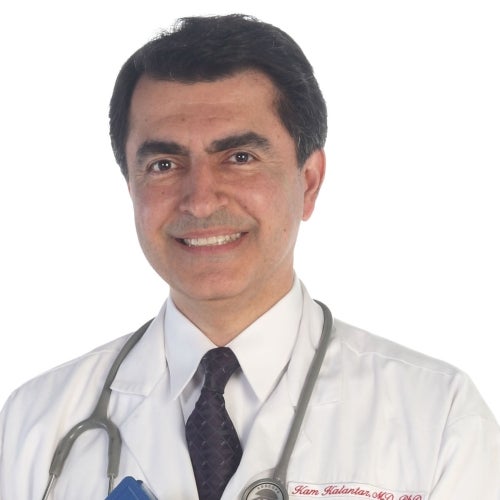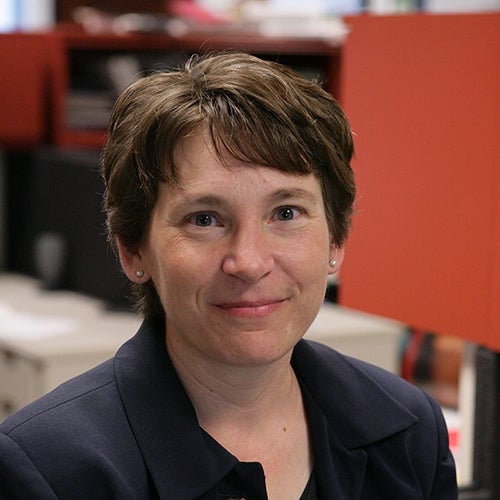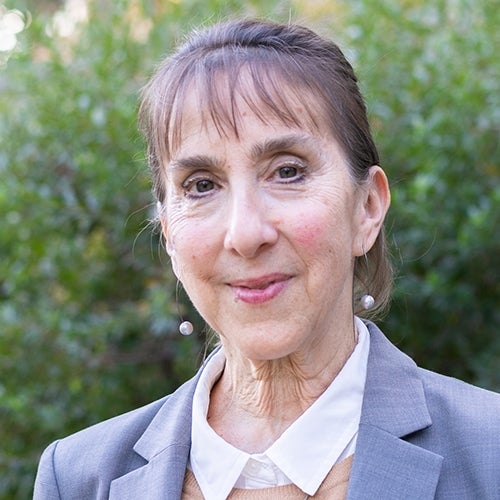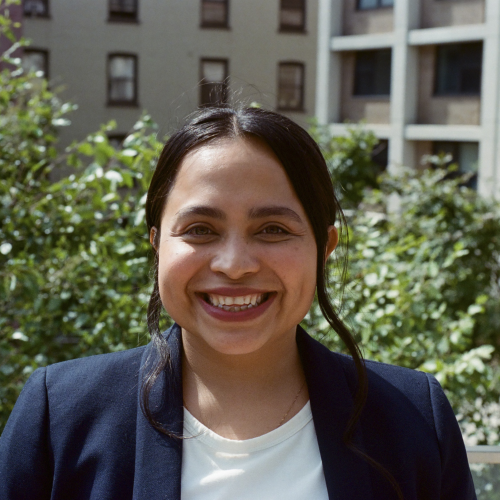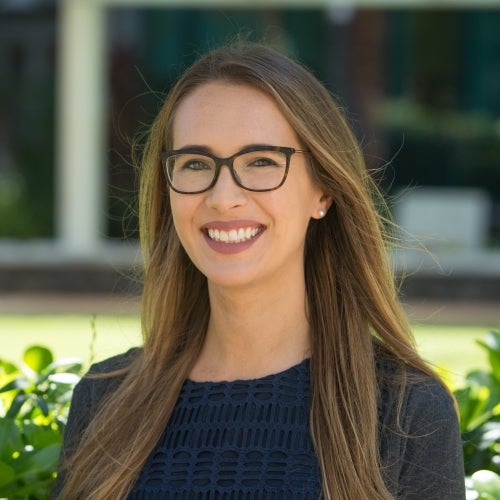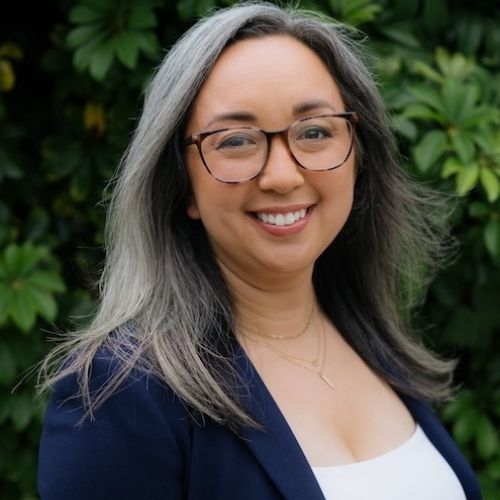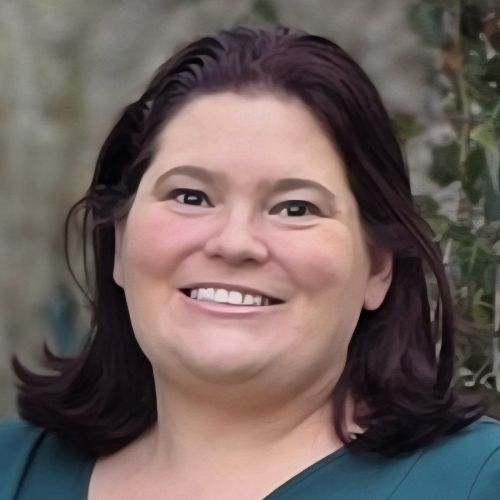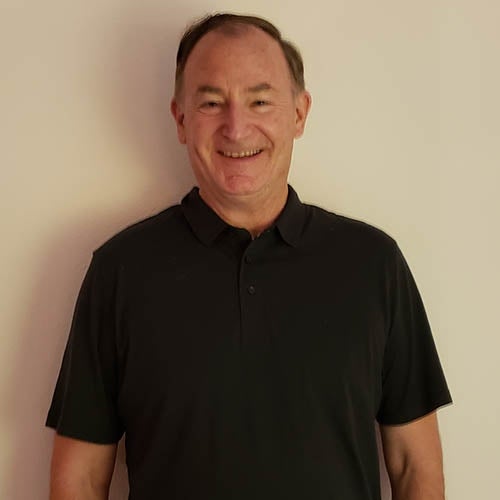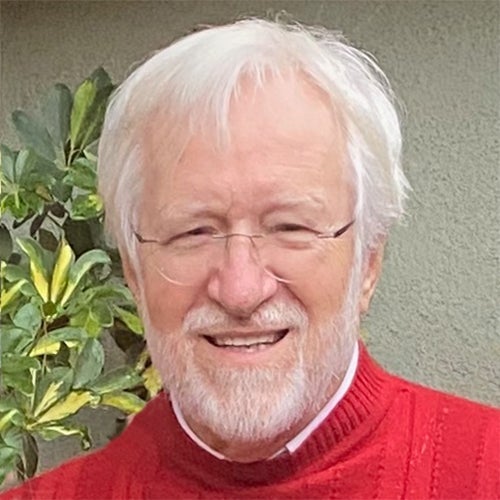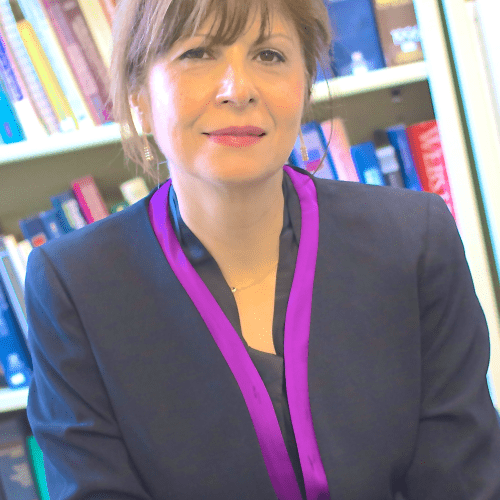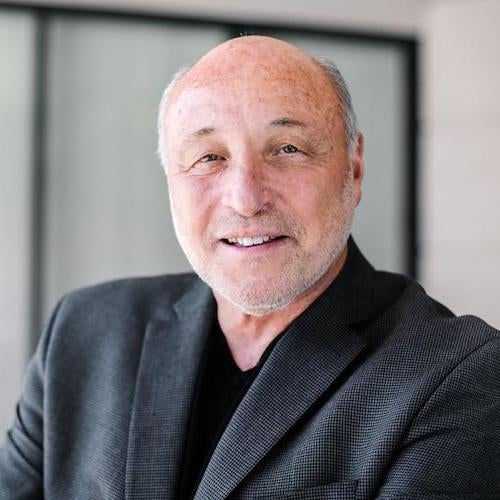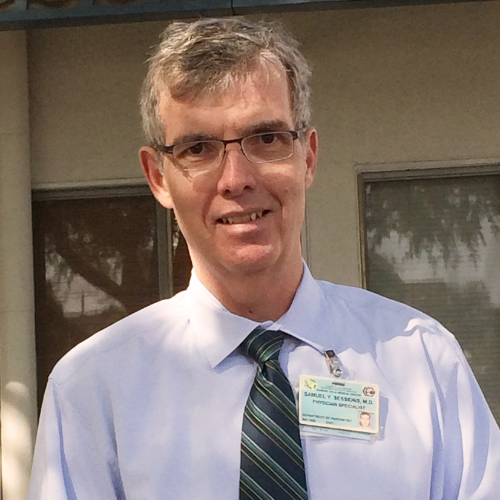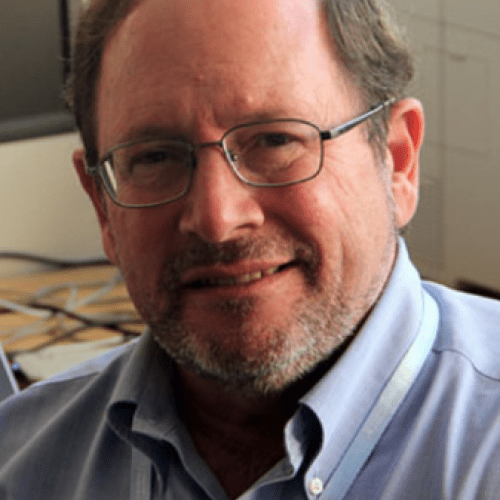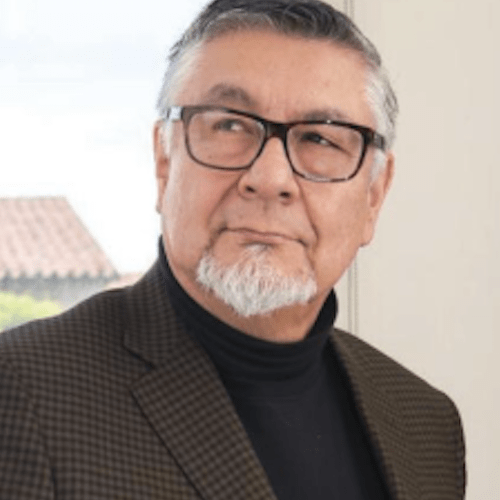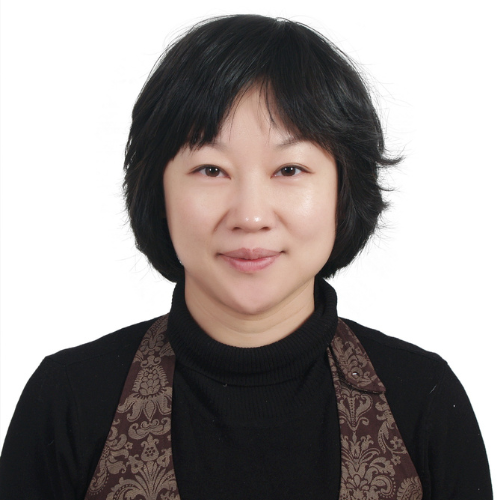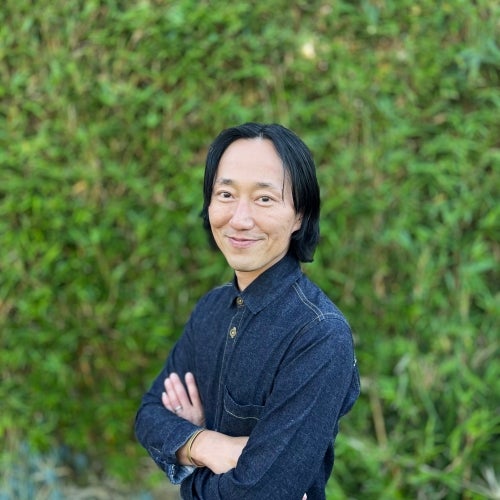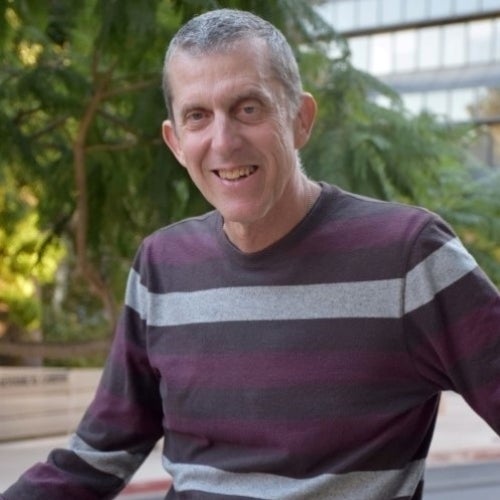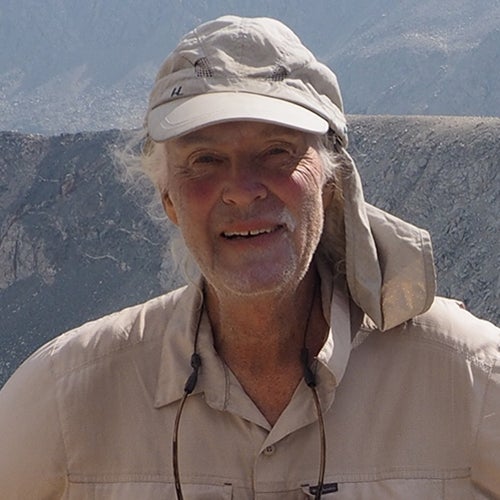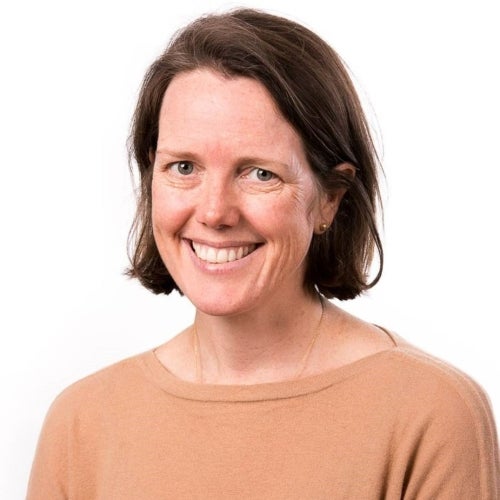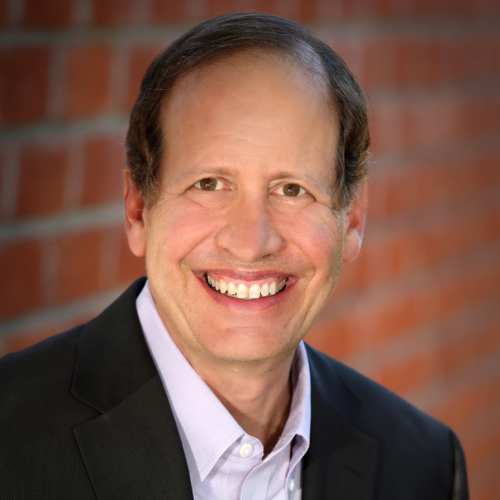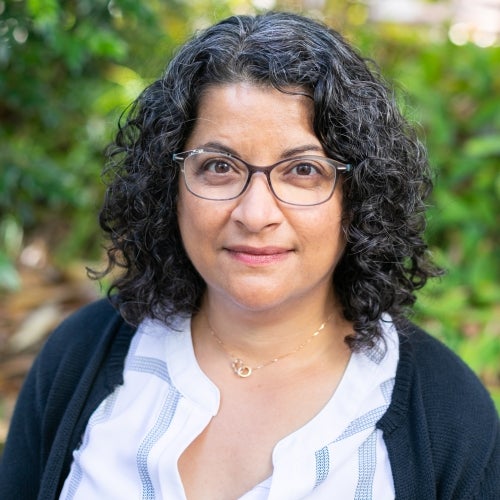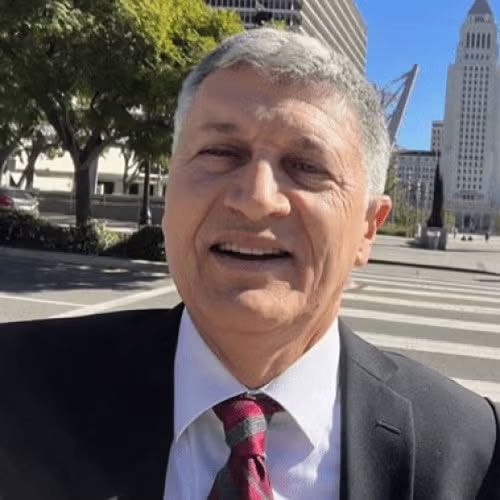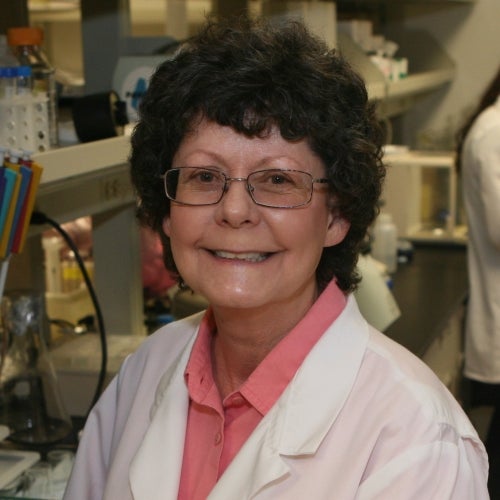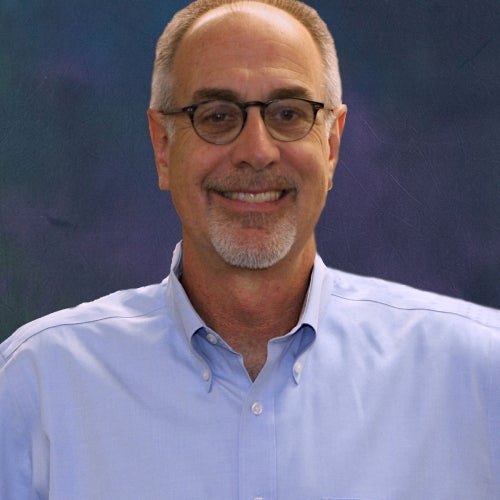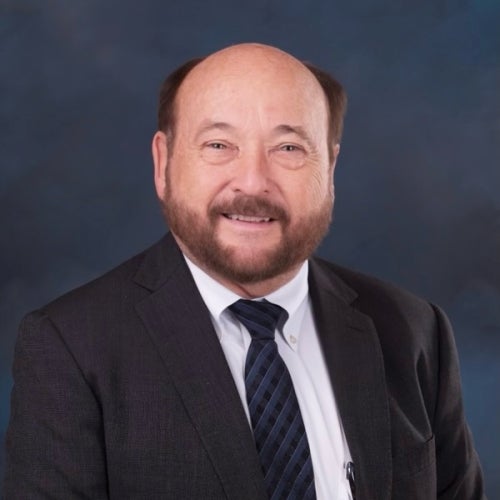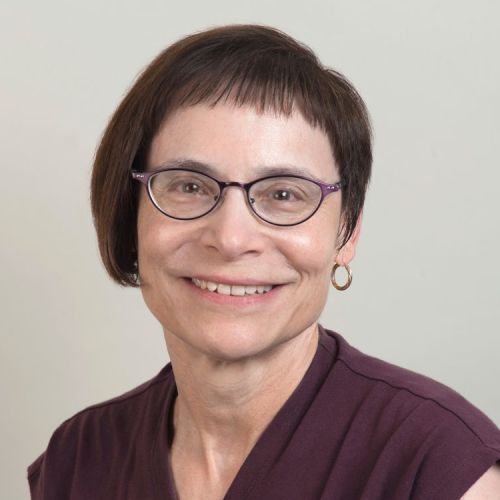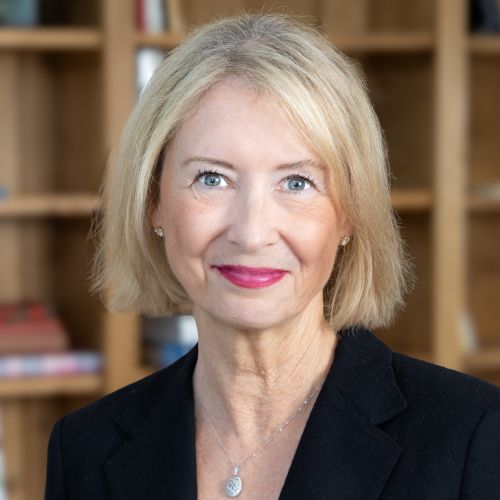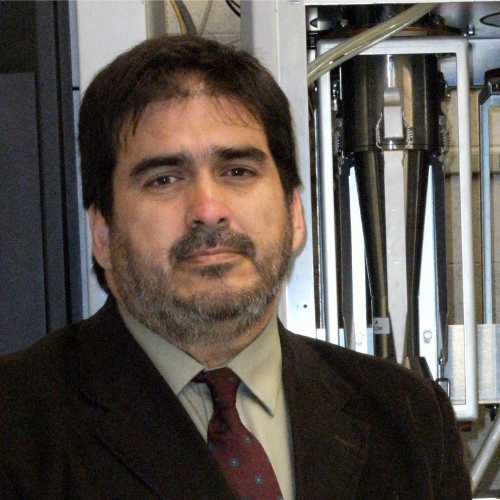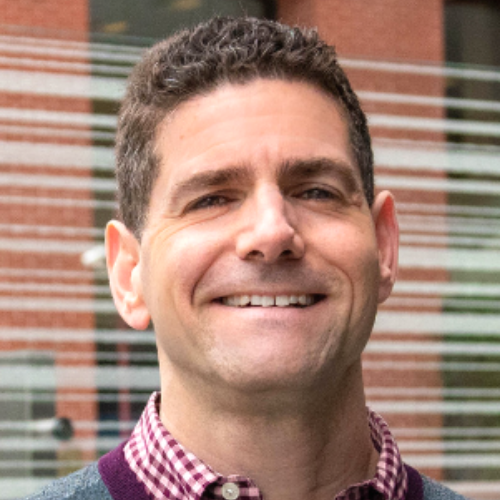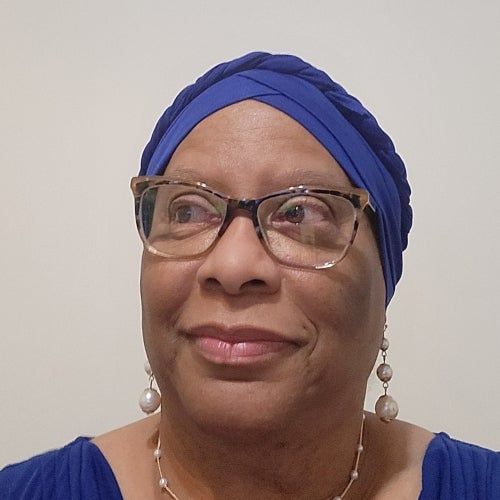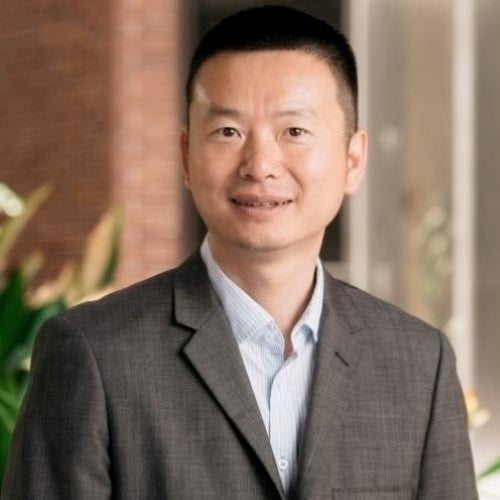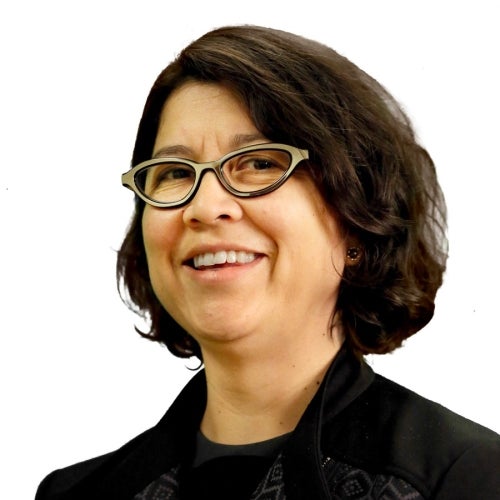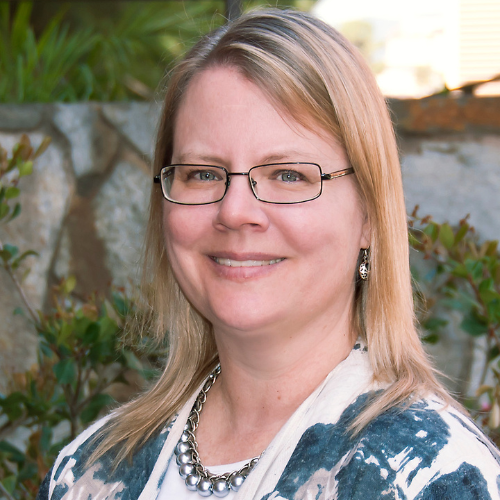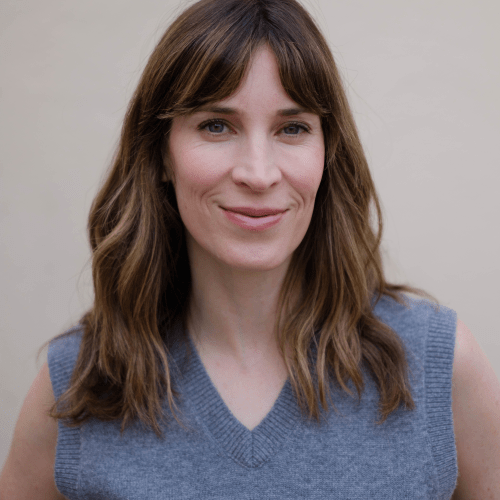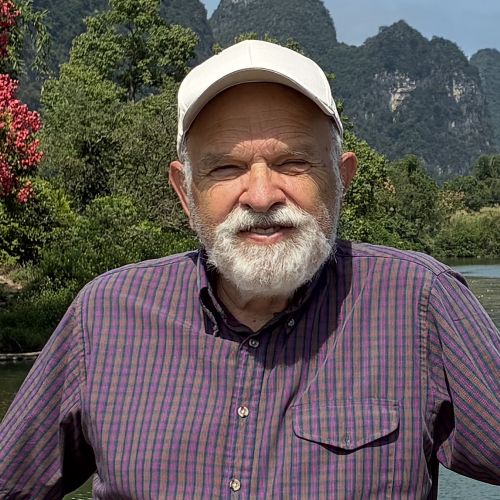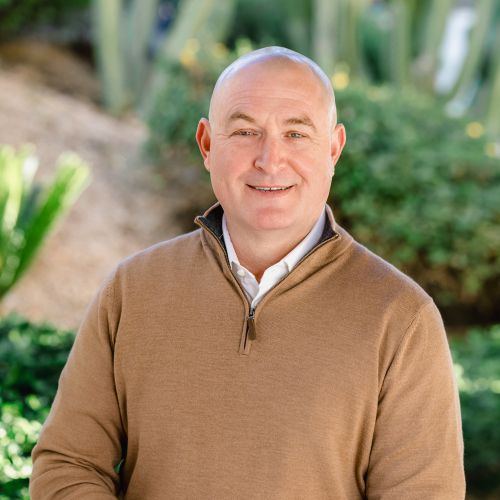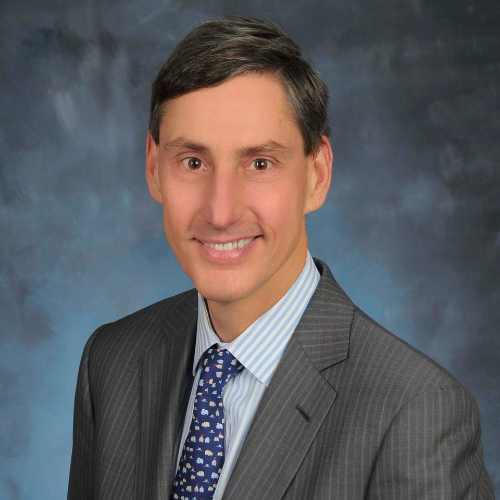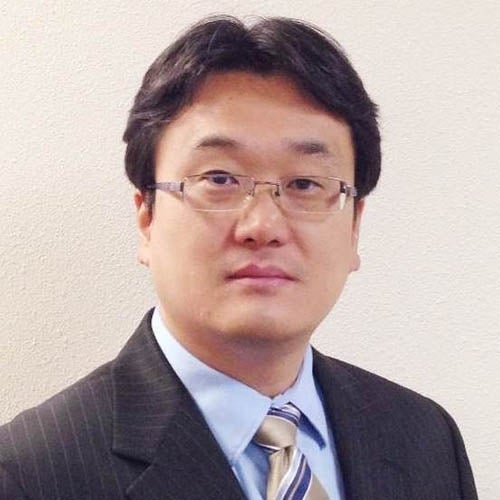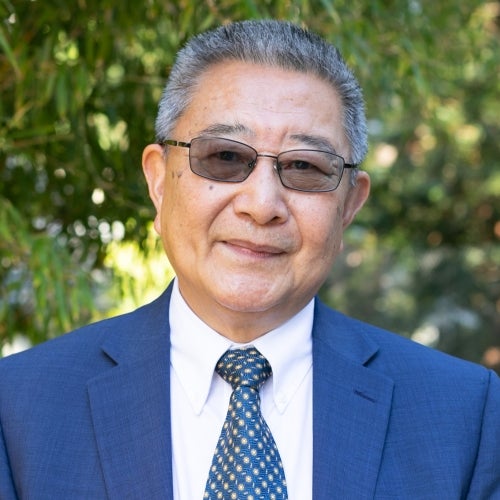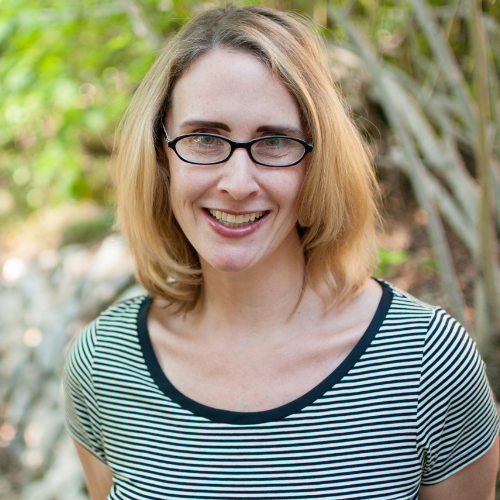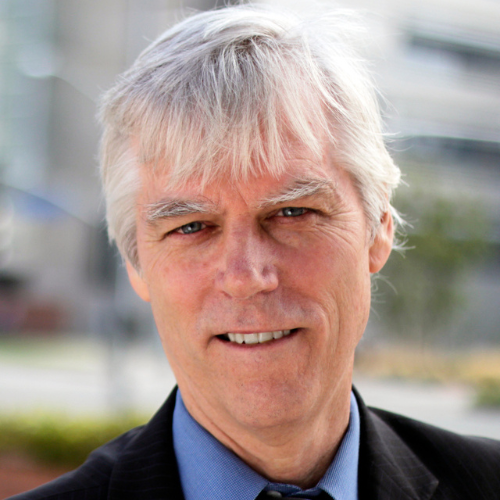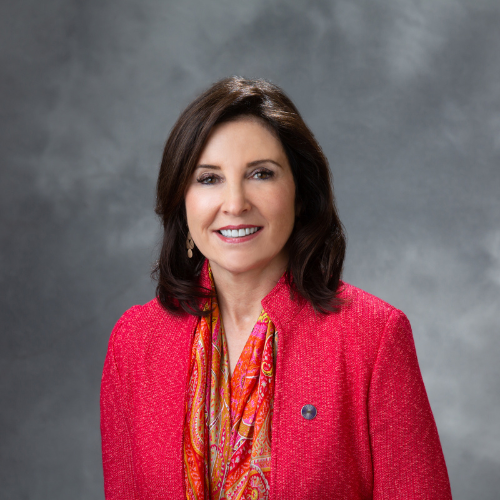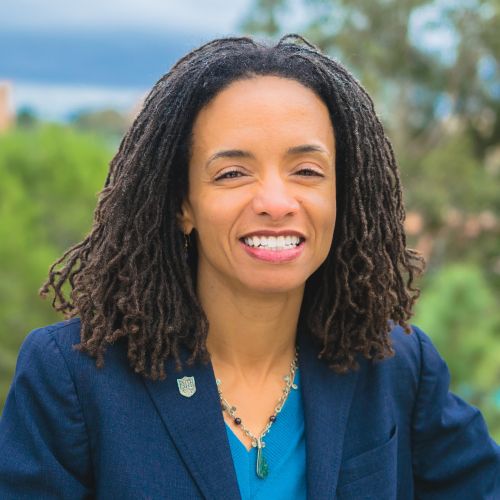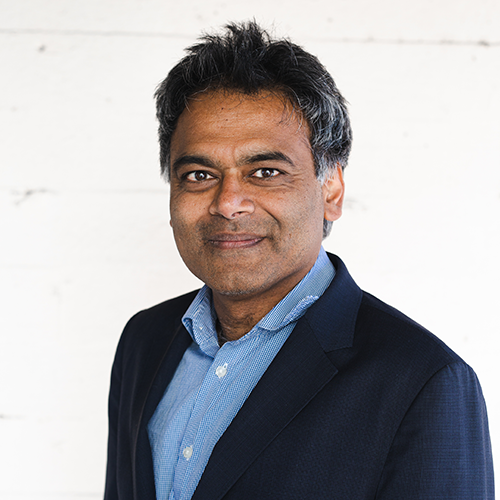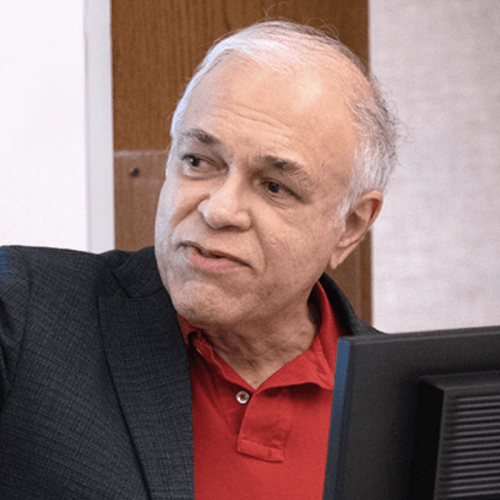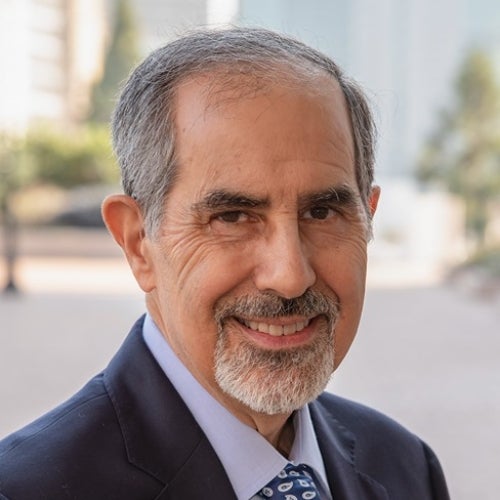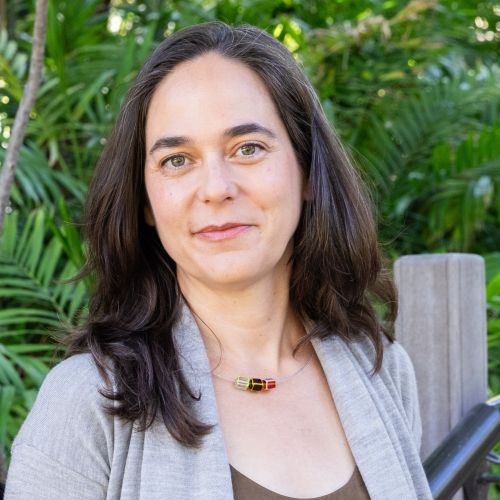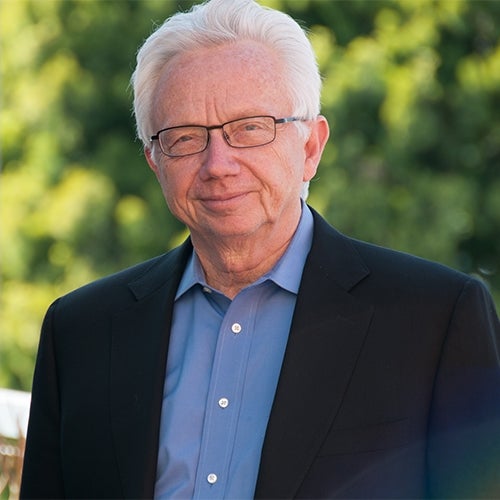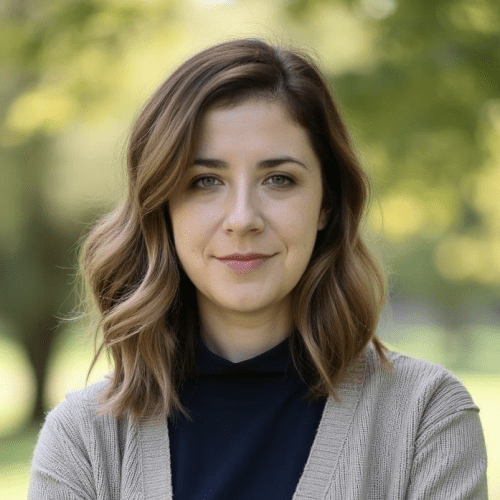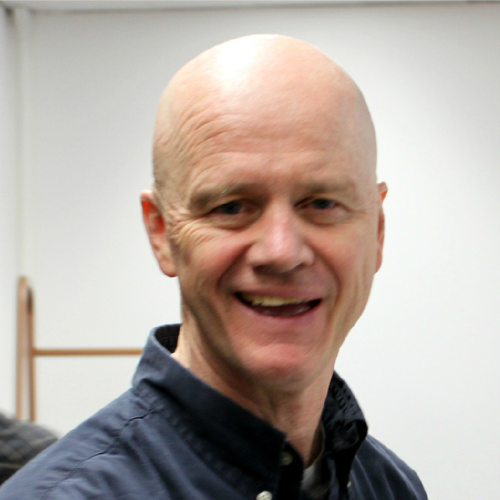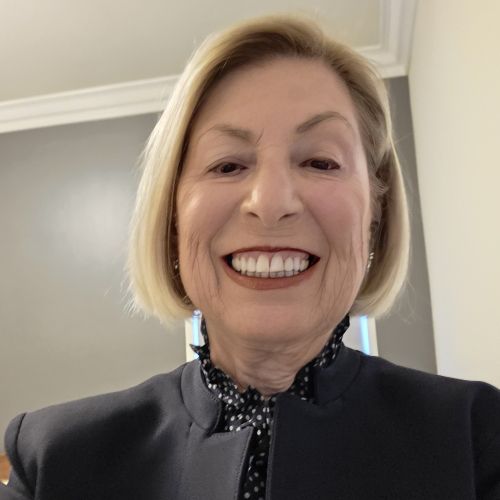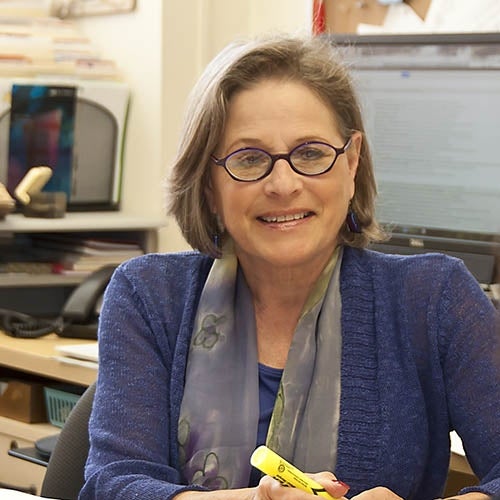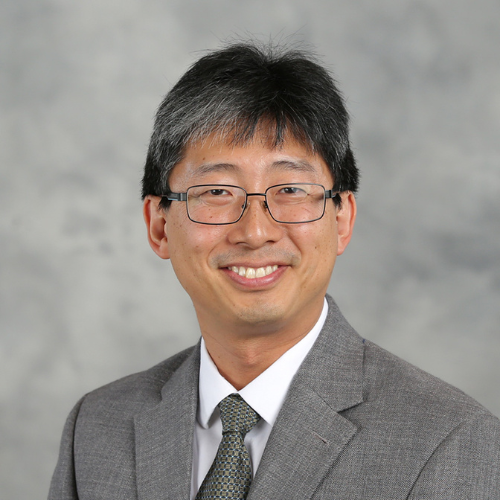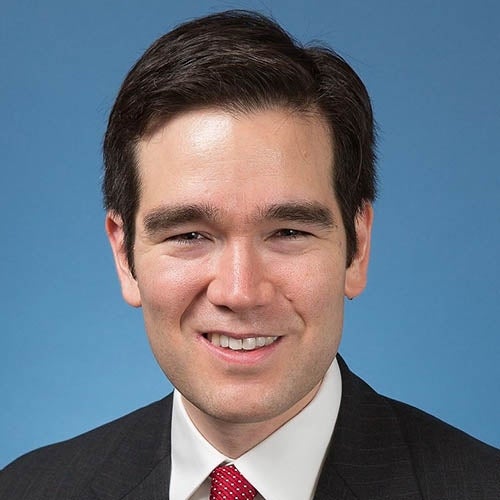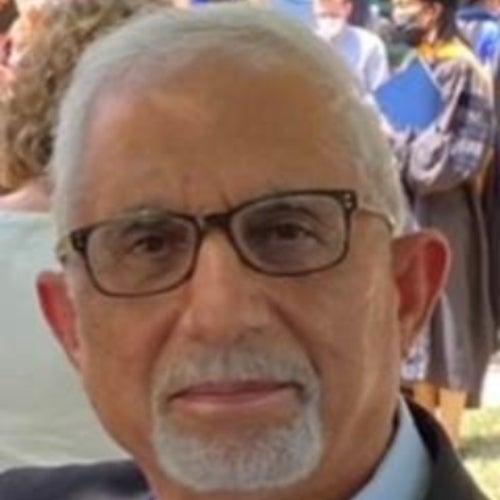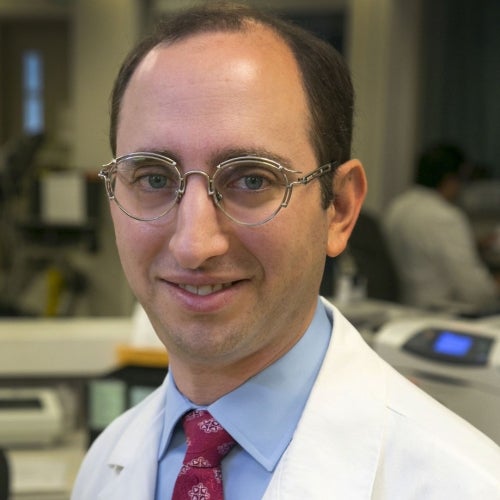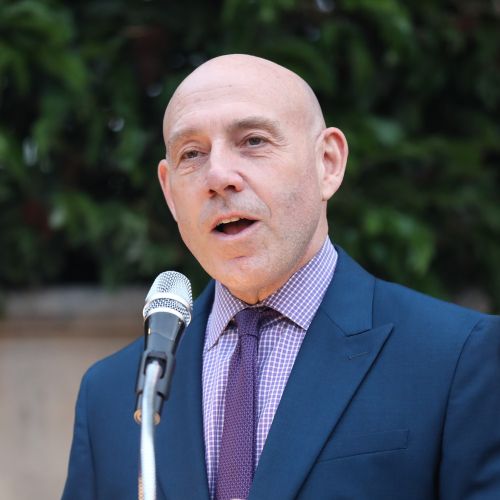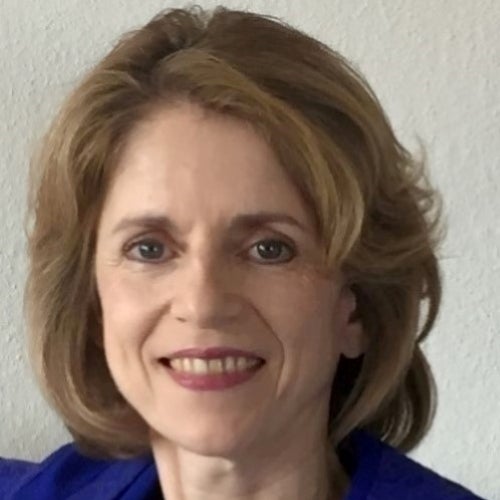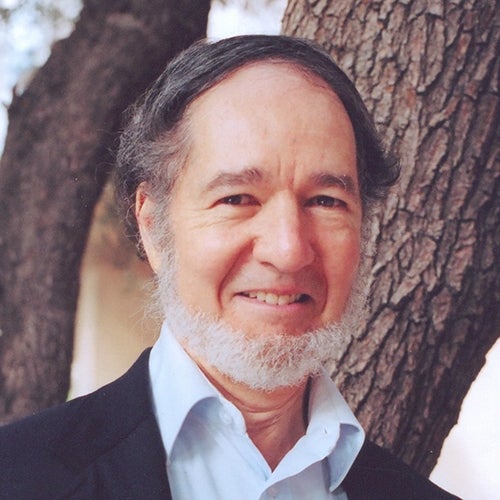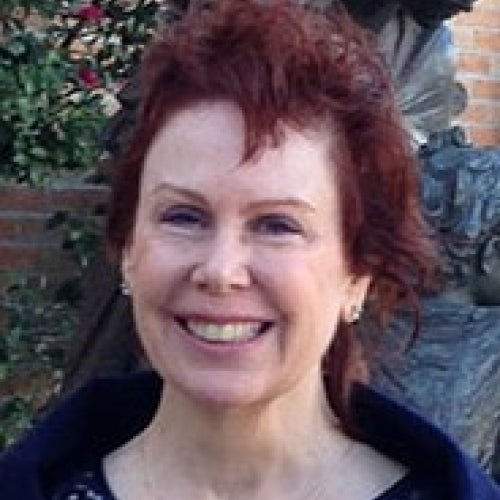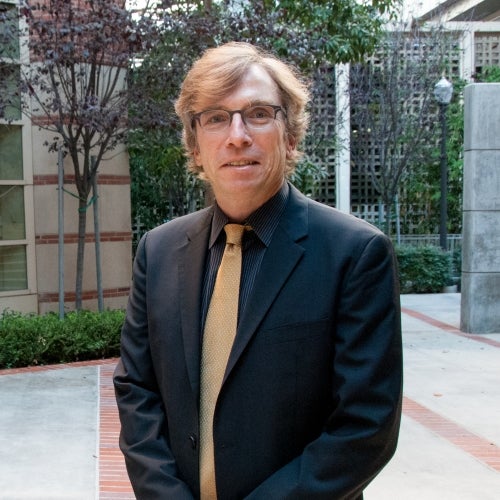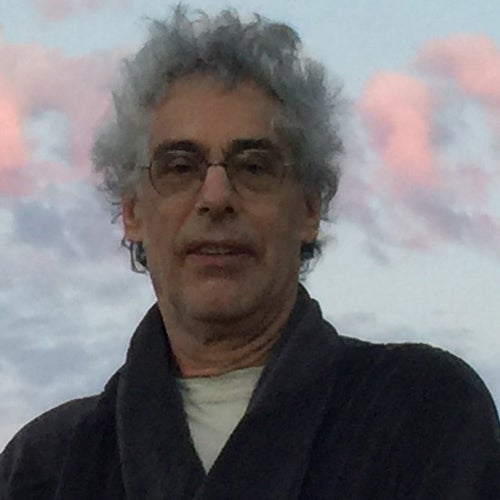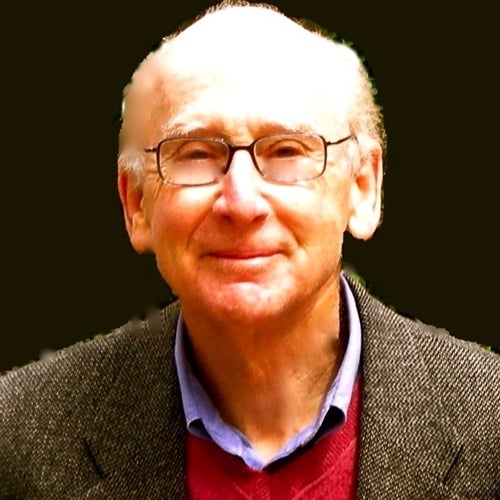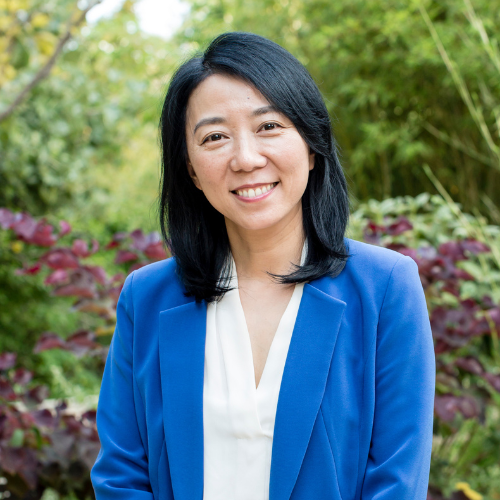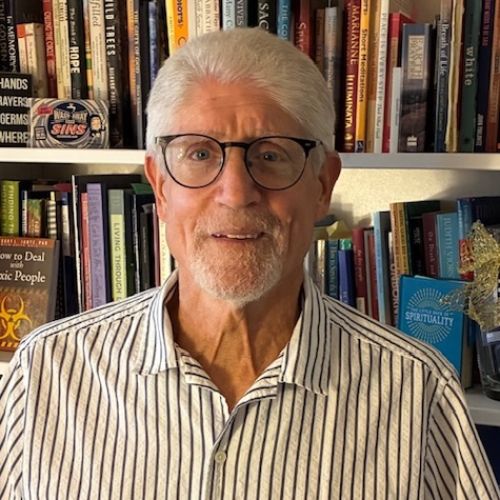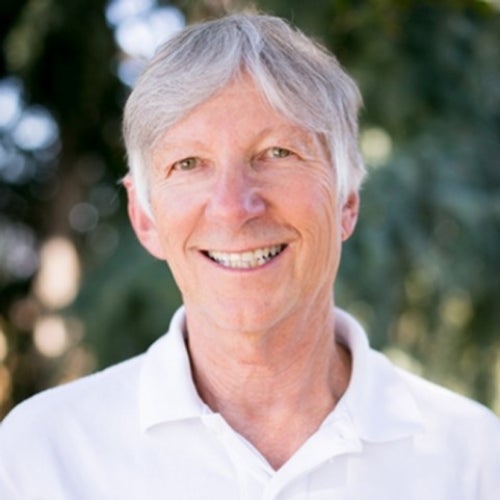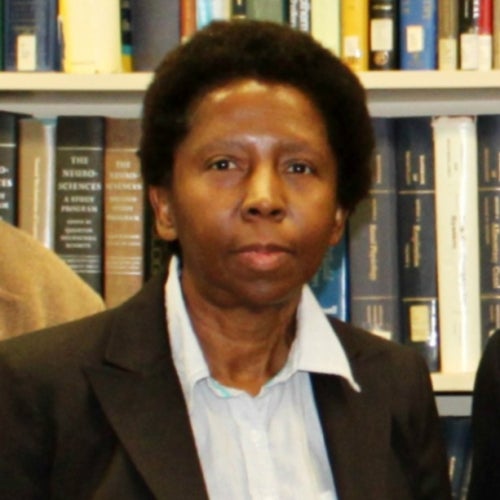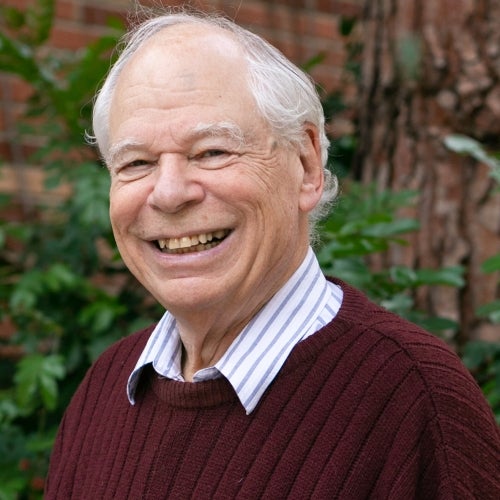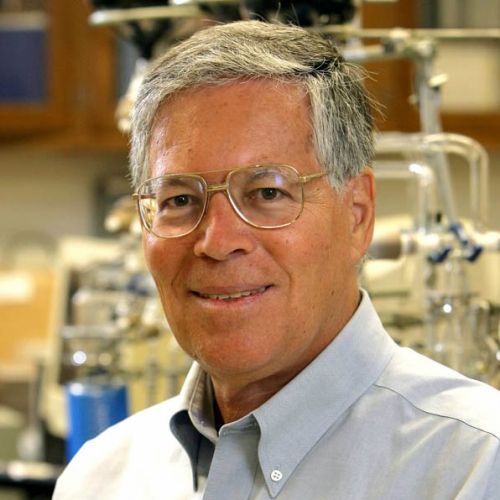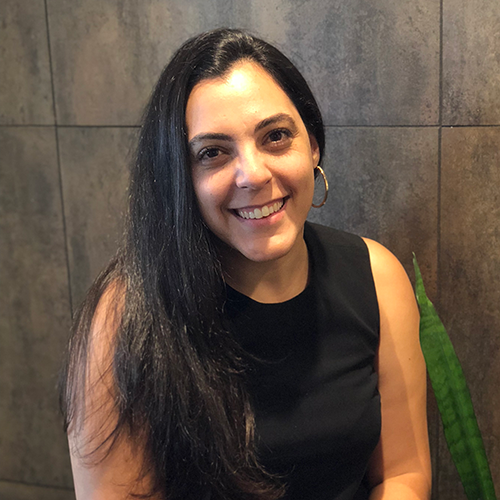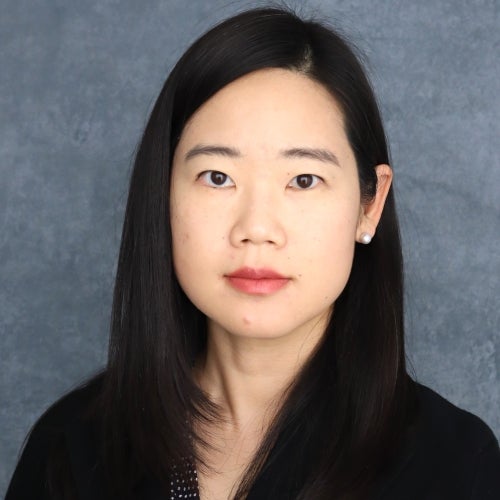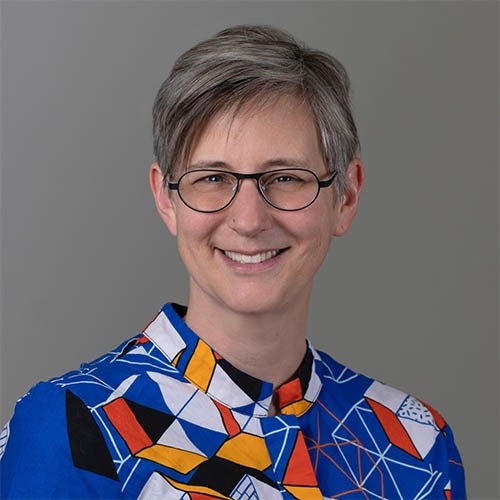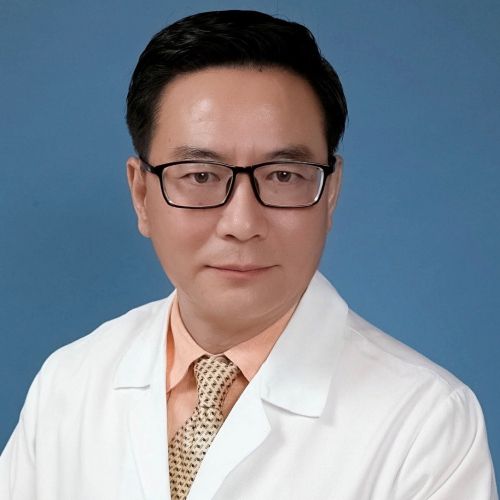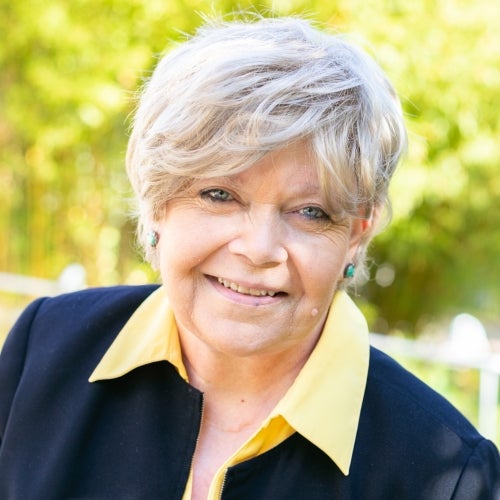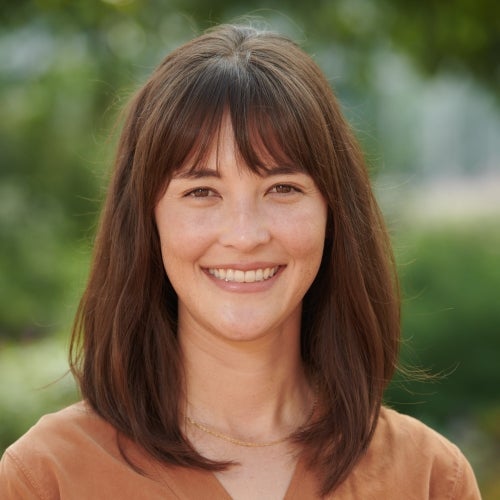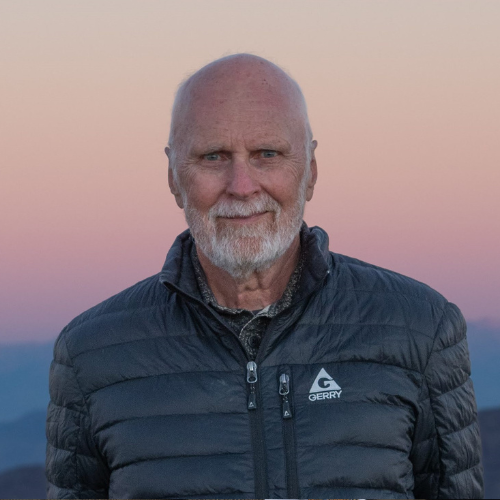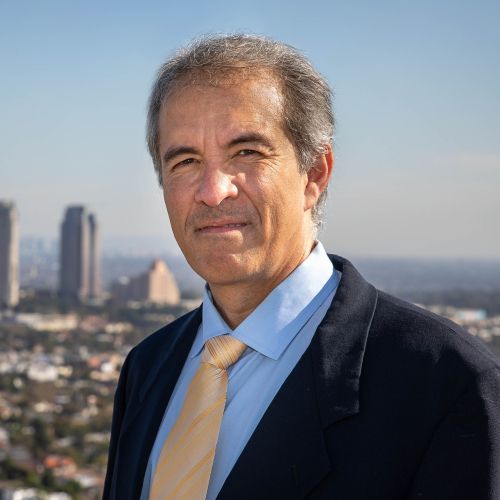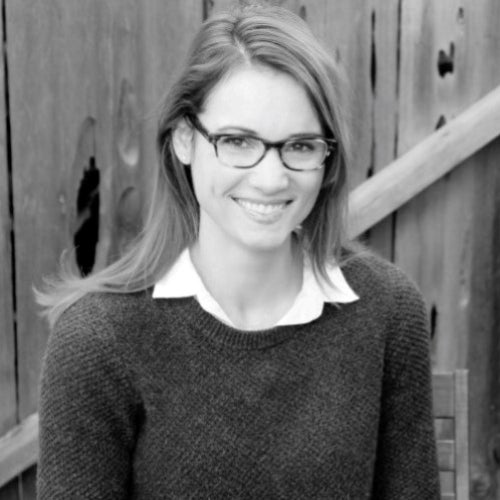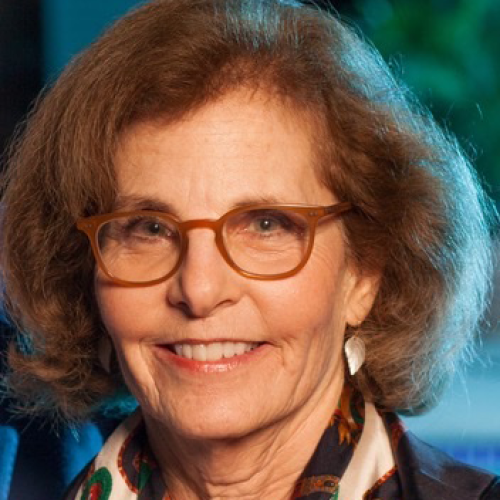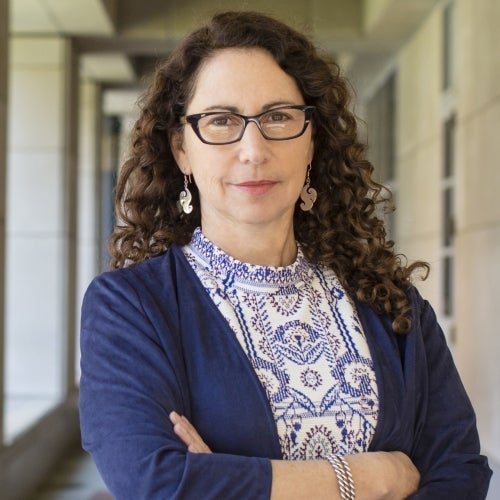A History of Impact: 1980s - 2000s
The UCLA Fielding School of Public Health has been working to build a healthier future for more than six decades. The examples that follow, interspersed throughout this section, are just a few of the many ways.

In 1987, the first of a series of reports by an FSPH research team led by Drs. E. Richard Brown and Robert O. Valdez found that 22% of California’s under-65 population lacked health insurance. The group followed those findings with studies breaking down who was uninsured, how it affected their health, and what it cost the healthcare system. The groundbreaking research called attention to a national problem and planted the seeds for healthcare reform in the U.S., culminating in the Affordable Care Act. Brown, who founded FSPH’s UCLA Center for Health Policy Research in 1994 and later founded the center’s California Health Interview Survey, advised presidents, U.S. senators, and state legislators on health policy issues.
In 1988, California voters passed Proposition 99, which, among other things, imposed a 25-cent-per-pack tax on the sale of cigarettes, with revenue going toward environmental and healthcare programs as well as anti-tobacco ads. A number of the school’s faculty helped to determine the allocation of funds from the tax to schools, community health agencies, researchers, local health departments, and the media for tobacco control initiatives. The California Department of Public Health reported that the state’s adult smoking rate had declined by 52% from 1988 to 2016, with only Utah having a lower percentage of smokers.
In Southeast Asia, India, China, and elsewhere, many of the most prominent leaders in the fight against HIV/AIDS from the 1990s onward held public health degrees from UCLA. The UCLA/ Fogarty International Training Program in Epidemiology Related to HIV/AIDS, initiated by Dr. Roger Detels and continued in collaboration with FSPH faculty and staff, has provided master’s- and doctoral-level training to more than 100 health professionals from Thailand, the Philippines, Indonesia, Singapore, Myanmar, India, China, Vietnam, Laos, Hungary, and Brazil who have gone on to become public health leaders in their respective countries.
The school’s Office of Public Health Practice was established in 1992. It remains a hub for community engagement activities — promoting and facilitating collaborations among the school’s students, faculty, graduates, staff, and community partners, locally and globally.
In 1995, the school launched two executive-style MPH programs designed to provide public health training for working health professionals, who attend classes on weekends. The programs continue to be offered by the Department of Community Health Sciences and the Department of Health Policy and Management.
As director of California’s Scientific Review Panel on Toxic Air Contaminants in 1998, FSPH’s Dr. John Froines helped set the stage for California’s leadership in regulating and reducing the health risks associated with exposure to diesel exhaust, which the panel identified as a carcinogenic air contaminant. Other policies to protect workers and the public from chemicals such as MTBE, lead, arsenic, chromium, cadmium, and pesticides were informed by the FSPH research of Froines and others.
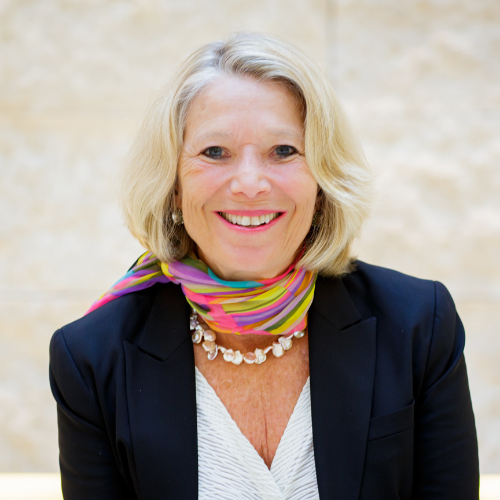 Dr. Linda Rosenstock was appointed dean of the school in 2000 and served until 2012. A recognized authority in occupational and environmental health as well as global public health and science policy, Rosenstock served for nearly seven years as director of the National Institute for Occupational Safety and Health, where her efforts earned her the Presidential Distinguished Executive Rank Award, the highest executive service award in the federal government. She is currently a professor of health policy and management and environmental health sciences at the school.
Dr. Linda Rosenstock was appointed dean of the school in 2000 and served until 2012. A recognized authority in occupational and environmental health as well as global public health and science policy, Rosenstock served for nearly seven years as director of the National Institute for Occupational Safety and Health, where her efforts earned her the Presidential Distinguished Executive Rank Award, the highest executive service award in the federal government. She is currently a professor of health policy and management and environmental health sciences at the school.
 Fifty years ago, Los Angeles was known as one of the world’s smoggiest cities. Today, the air is considerably cleaner — despite significant increases in population, energy consumption, and vehicle miles traveled. It’s a success story resulting from aggressive regulatory policies of the U.S. Environmental Protection Agency; the South Coast Air Quality Management District, which regulates stationary pollution sources in Southern California; and the California Air Resources Board, which regulates pollution from mobile sources. Many of the key policies of these regulators have been informed by UCLA Fielding faculty research, and many of the leaders of these agencies have been FSPH alums. The cleaner air in Los Angeles is more than just aesthetically pleasing; it’s healthier. Poor ambient air quality is a leading cause of childhood asthma, reduced lung function, cardiovascular disease, poor birth outcomes, and premature death. The turnaround in Los Angeles has served as a model for cities as far away as Beijing, China, where university scientists and policymakers have consulted with FSPH faculty on lessons learned.
Fifty years ago, Los Angeles was known as one of the world’s smoggiest cities. Today, the air is considerably cleaner — despite significant increases in population, energy consumption, and vehicle miles traveled. It’s a success story resulting from aggressive regulatory policies of the U.S. Environmental Protection Agency; the South Coast Air Quality Management District, which regulates stationary pollution sources in Southern California; and the California Air Resources Board, which regulates pollution from mobile sources. Many of the key policies of these regulators have been informed by UCLA Fielding faculty research, and many of the leaders of these agencies have been FSPH alums. The cleaner air in Los Angeles is more than just aesthetically pleasing; it’s healthier. Poor ambient air quality is a leading cause of childhood asthma, reduced lung function, cardiovascular disease, poor birth outcomes, and premature death. The turnaround in Los Angeles has served as a model for cities as far away as Beijing, China, where university scientists and policymakers have consulted with FSPH faculty on lessons learned.
Since 2001, the school’s student-led organization Students of Color for Public Health has been dedicated to strengthening the social support, career networking, and advocacy efforts of the school’s students. The organization leads the school’s annual National Public Health Week celebration, organizing educational and inspiring talks; provides opportunities for advocacy and collaboration, and to increase physical and mental wellness; and engages with community members.
Dr. Margaret Martin (MPH ’93, DrPH ’98) launched the Harmony Project, an after-school program providing music lessons and mentoring in low-income elementary schools, in 2001. More than 20 years later, the program has approximately 3,500 active participants in 16 community hubs. Martin recently published results of a study showing significantly improved reading and math scores for students after two years in the program, with the greatest gains made by those with the lowest prior levels of achievement.
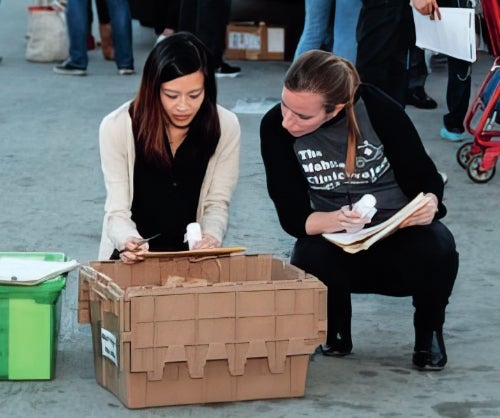 In 2000, the Mobile Clinic Project at UCLA was born — a joint volunteer effort among public health, medical, law, and undergraduate students to provide health and social services, as well as referrals, to the Hollywood-area unhoused population during weekly visits. The project, which now includes graduate students from across campus, originated after leaders of the Greater West Hollywood Food Coalition (GWHFC) approached an FSPH group led by Dr. Michael Prelip (MPH ’85), professor of community health sciences. In serving free dinners every night to those experiencing food insecurity in the Hollywood area, GWHFC had noted the desperate need for basic healthcare among clients experiencing homelessness.
In 2000, the Mobile Clinic Project at UCLA was born — a joint volunteer effort among public health, medical, law, and undergraduate students to provide health and social services, as well as referrals, to the Hollywood-area unhoused population during weekly visits. The project, which now includes graduate students from across campus, originated after leaders of the Greater West Hollywood Food Coalition (GWHFC) approached an FSPH group led by Dr. Michael Prelip (MPH ’85), professor of community health sciences. In serving free dinners every night to those experiencing food insecurity in the Hollywood area, GWHFC had noted the desperate need for basic healthcare among clients experiencing homelessness.
Continued in A History of Impact: 2000s - 2010s.
Faculty Referenced in this Article

Dr. Michelle S. Keller is a health services researcher whose research focuses on the use and prescribing of high-risk medications.
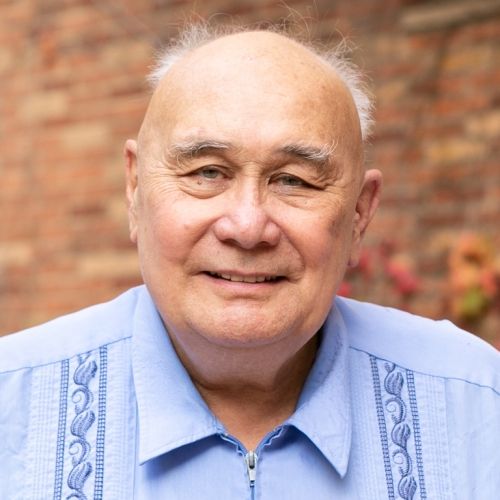
Industrial Hygiene & Analytical Chemistry
Nationally recognized health services researcher and sociomedical scientist with 25+ years' experience in effectiveness and implementation research.
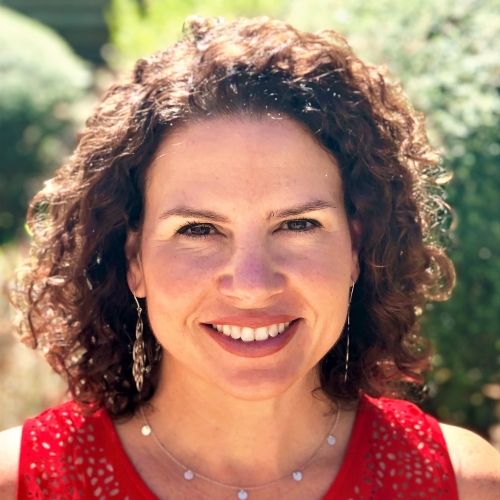
Dr. Joseph Davey is an infectious disease epidemiologist with over 20 years' experience leading research on HIV/STI services for women and children.
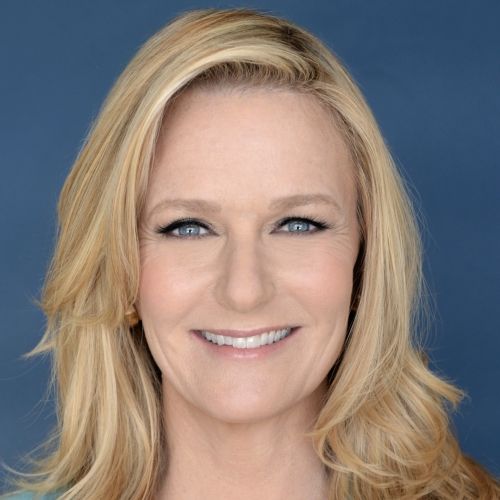
Dr. Anne Rimoin is a Professor of Epidemiology and holds the Gordon–Levin Endowed Chair in Infectious Diseases and Public Health.

EMPH Academic Program Director with expertise in healthcare marketing, finance, and reproductive health policy, teaching in the EMPH, MPH, MHA program

Robert J. Kim-Farley, MD, MPH, is a Professor-in-Residence with joint appointments in the Departments of Epidemiology and Community Health Sciences

Professor of Community Health Sciences & Health Policy and Management, and Associate Dean for Research
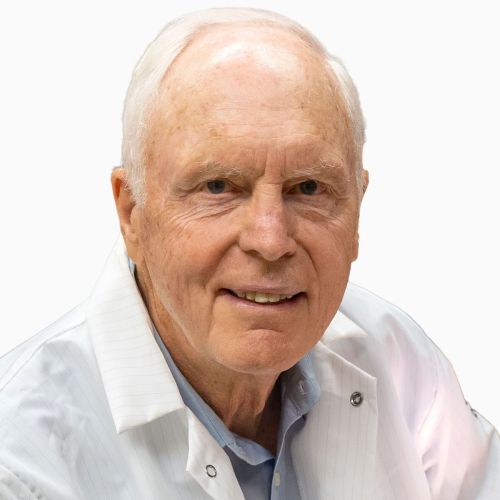
Dr. Hankinson is a Distinguished Professor of Pathology and Laboratory Medicine, and of EHS, and Chair of the Molecular Toxicology IDP
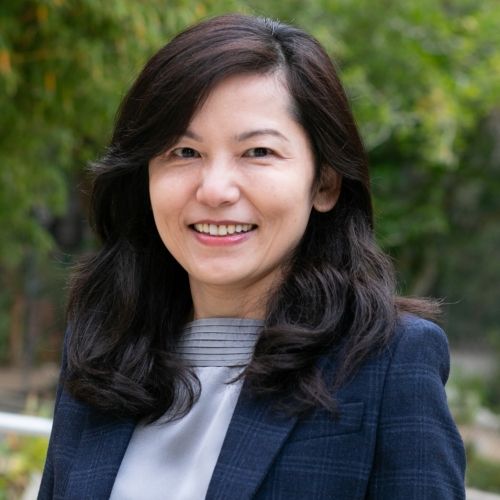
Associate Professor for Industrial Hygiene and Environmental Health Sciences

Dr. Ron Andersen is the Wasserman Professor Emeritus in the UCLA Departments of Health Policy and Management.
